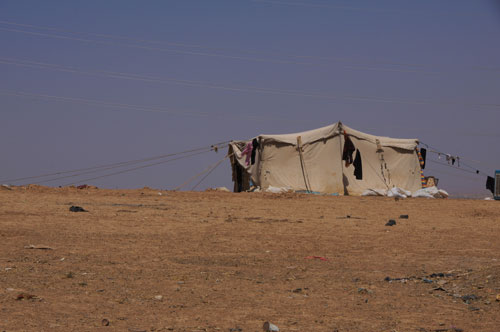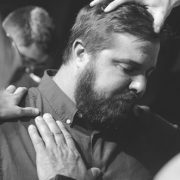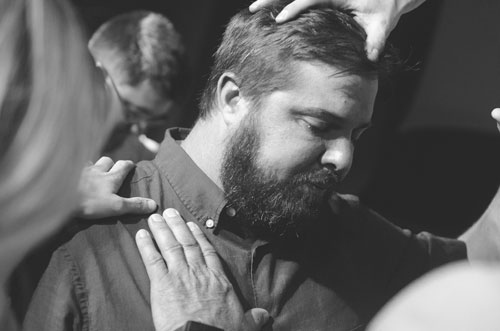Proof By Covenant
“And Abraham said, ‘Lord God, how shall I know that I will inherit it?’“ (Genesis 15:8)
Jesus spoke of a faith that could move mountains, but it often seems that we are more familiar with the doubt that creates those mountains. Trusting God and His plan for our life is a constant challenge, and one faced by everyone who has ever tried to chase away doubt.
Sometimes doubt comes from unbelief – the sort of attitude that doubts that God will keep His word or can keep His word to us. Other times doubt is a by-product of a faith that is growing and maturing – the kind of doubt that recognizes that there is no weakness or wavering in God, but we are weak in our ability to trust. This was the kind of doubt that led a desperate father to say to Jesus, “Lord, I believe; help my unbelief!” (Mark 9:24)

God promised Abraham a son and Abraham waited ten years. He couldn’t forget the promise, and wondered when God would fulfill it. Abraham was successful in business and every other enterprise, but he must have thought “what good is it without the fulfillment of God’s promise?” This was the ache of Abraham’s heart, and it prompted his doubt-filled question to God in Genesis 15:8: “How shall I know that I will inherit it?”
Abraham did what we all should do with our doubts. He brought those doubts to God, and let God speak to them. Again, understand this was not a doubt that denied God’s promise, but a doubt that desired God’s promise. God is always willing to help that kind of doubt.
So what did God do to help Abraham? God, in effect, answered: “Abraham, do you want to know for certain? Then let’s make a contract.” One way to make a contract in Abraham’s day was to have both parties walk together through the carcasses of sacrificed animals, while they repeated the terms of the contract. It seems barbaric to us, but to them it represented two things: first, it showed plainly this was a blood covenant, quite serious in nature. Secondly, it was a dramatic warning: if one of the parties failed to live up to the contract, he could expect that all his animals, and perhaps himself, would end up cut in two.
God wants to help our doubts with a contract. But our contract is not Abraham’s; it is the contract that Jesus called the “New Covenant” (Luke 22:20, Hebrews 9:15). The new covenant was also was established by sacrifice – what Jesus did on the cross towards God the Father and for us.
When we want to believe but still seem to doubt, we don’t have to think God is angry and irritated with us. We can even ask God to prove Himself to us. When you do ask for proof, God will speak to you the same way He did to Abraham. God will point you to a covenant made by sacrifice that proves God’s love and concern for you is real. God will point you to the New Covenant.
Today, ask God to help you with your doubts, and to remember He proved His love for you by the New Covenant and what Jesus did at the cross to establish it.



















